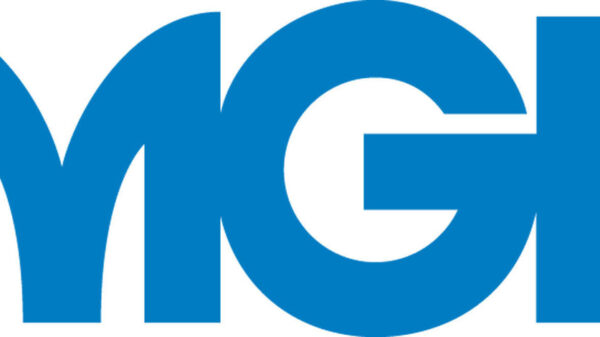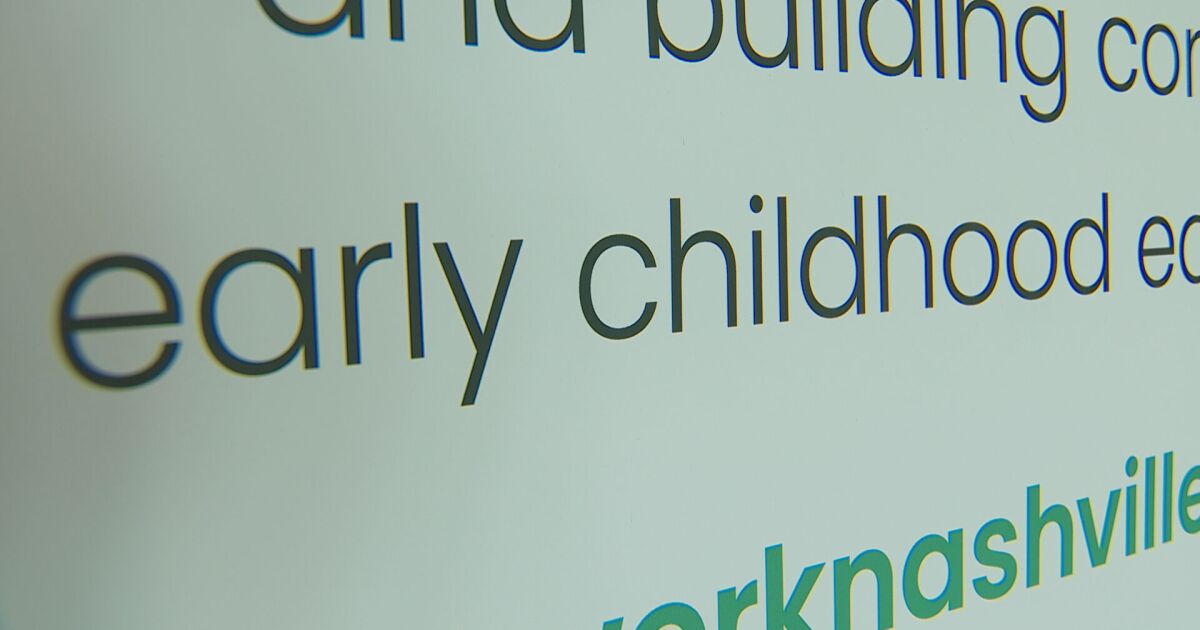Early childhood educators in Nashville are striving to balance the affordability of childcare with the pressing need for improved teacher compensation. A recent analysis conducted by the Nashville Early Education Coalition has highlighted a significant disparity between what families pay for childcare services and the actual costs associated with delivering quality care.
The coalition examined financial data from twelve childcare centers that primarily serve low-income families. Their findings indicate that parents are not paying enough to cover the true expenses of childcare provision. “What parents are paying is not what the actual cost to care for children is,” stated Alyssa Garnett-Arno, executive director of Saint Mary Villa Childhood Development Center and a member of the coalition’s advisory council.
Funding Challenges in Early Childhood Education
Unlike K-12 public schools, which receive state, local, and federal funding, early education for children from birth to three years old lacks comparable financial support. This gap leaves many childcare centers struggling to maintain quality standards while also providing fair compensation to educators.
On March 15, 2024, Garnett-Arno and her staff participated in a training session aimed at enhancing early educators’ skills. This training focused on essential developmental skills for children, such as proper table etiquette, lining up, and pencil grip, which are crucial for fostering early writing abilities.
Between 2022 and 2024, these twelve childcare centers collectively received $5.3 million in funding from the American Rescue Plan. The coalition assessed the impact of this financial injection, noting, “Those funds went a long way. It allowed these educators to receive better pay and benefits, enabling employers to support them more effectively as employees and educators,” remarked a coalition representative.
The Financial Reality for Educators
Despite these efforts, early childhood educators in Nashville face significant financial challenges. On average, teachers earn considerably less than what is necessary to meet the cost of living. For instance, a teacher raising their own preschooler needs approximately $32 per hour just to cover basic expenses, according to the ALICE Income Status Tool. In stark contrast, even those with a master’s degree typically earn less than $21 per hour.
This financial strain is pushing many educators out of the profession, leading to a shortage of qualified personnel. “Without enough educators who can afford to be in this field, there aren’t enough spaces available for children,” the coalition representative explained.
Advocates for early childhood education argue that increasing investment in this sector is vital. They assert that quality early education provides children with a strong foundation and allows parents to maintain their careers. “I don’t think it’s just early childcare providers that have to have the solution,” Garnett-Arno emphasized.
The coalition’s findings call for urgent attention to address the financial disparities in childcare and ensure that families receive the quality services they need. As the community grapples with these challenges, personal stories from families experiencing these issues could help shape future discussions and solutions. Anyone affected by the childcare crisis is encouraged to share their experiences with the coalition.

































































